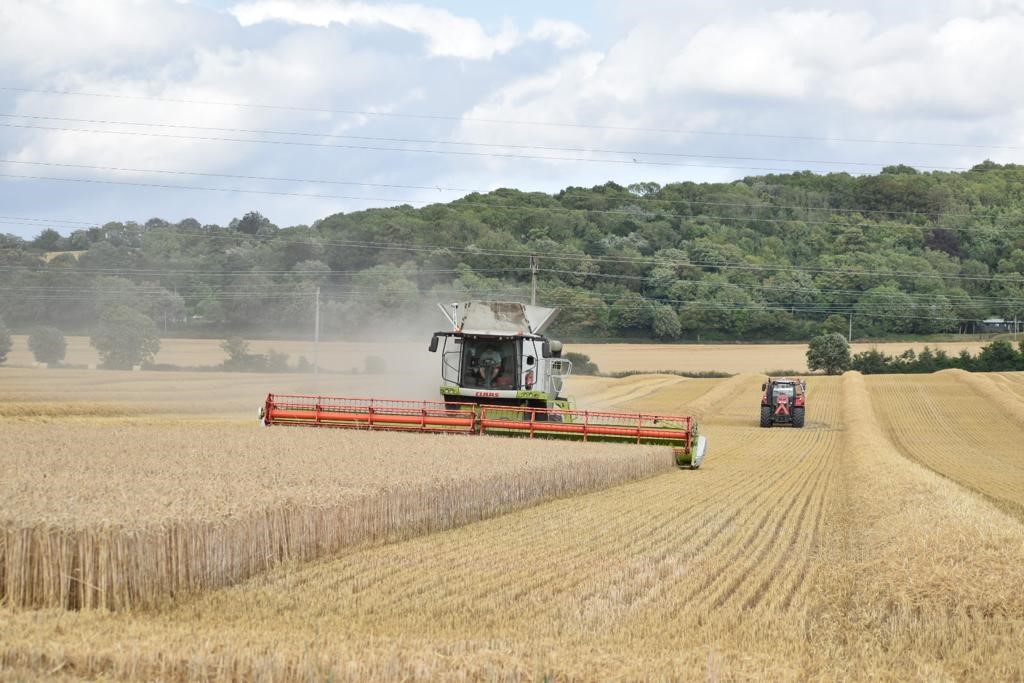
To celebrate 24 hours in Farming from 5am on 3 August to 5am on 4 August, #Farm24 will showcase the extraordinary role of British farmers as the nation's most trusted food producers and guardians of our iconic countryside. The campaign will highlight what a typical day in agriculture can look like and aims to educate consumers on the incredible journey from field to fork.
Agriculture is fundamental to the world’s well-being and has an impact on the lives of each of us. There has never been a more challenging time in agriculture, but there has also never been a time of greater opportunity. Farming is often seen as the biggest job on earth, and it continues to become more complex with people’s rising expectations, tightening regulations, feeding an ever-growing population, and looking after nature and the land. It is not just about farming for the future, it is about making the land sustainable for future generations.
It's no secret that the UK agricultural sector is facing many challenges, including inflated input prices, volatile commodity markets, and unseasonal weather conditions. The phasing out of direct subsidies means farmers are now facing a significant shortfall and need to consider the areas of opportunity to support farm business strategy and ensure future resilience.
Despite these challenges, many solutions are being implemented to help reduce their impact.
Funding for environmental land management encourages the creation and management of farmland habitats and can be successfully implemented in less productive areas on farms. The recent focus on soil health and associated funding supports sustainable farming techniques, subsidising the implementation of new measures on farms to reduce inputs and improve soils, whilst retaining a focus on food production. The Government is also investing more in research and development, to help create new and improved farming methods, that can increase yields and reduce the impact of climate change.
The agricultural sector is no stranger to change. With the ever-present challenges of climate change, economic pressures and technological advancements, farmers and land managers must remain adaptive and continue to be forward-thinking. Whilst we cannot predict markets or weather, a focus on spreading risk and seeking new opportunities will help to build a more resilient business to meet future challenges and uncertainties.
Diversification can offer additional revenue streams, may help to stabilise cash flow, optimise assets, and benefit the local rural community. DEFRA reports that 66% of farms have diversified, with non-farming activities generating on average an additional £20,200 of annual income per farm, contributing to over a quarter of their net profit. However, diversification requires considerable planning and dedication and does not come without its own business risk. Farmers are advised to explore options thoroughly including seeking advice on funding, legislation, tax implications and liability. Assessing the impact of any new venture on the existing farm business is also critical to success.
An independent review and detailed analysis of all farm business attributes including physical assets, skills of key personnel and access to local markets is a good place to start and may reveal valuable and under-utilised resources.
Our agribusiness team support and help clients realise their ambitions and generate enterprises - without putting their farming at risk. Whether we are advising farmers, landowners, or investors, our clients are always guaranteed that we will identify opportunities to ascertain the most appropriate potential revenue streams for our clients’ complex businesses.
Click here to find out more about our agribusiness consultancy service.





